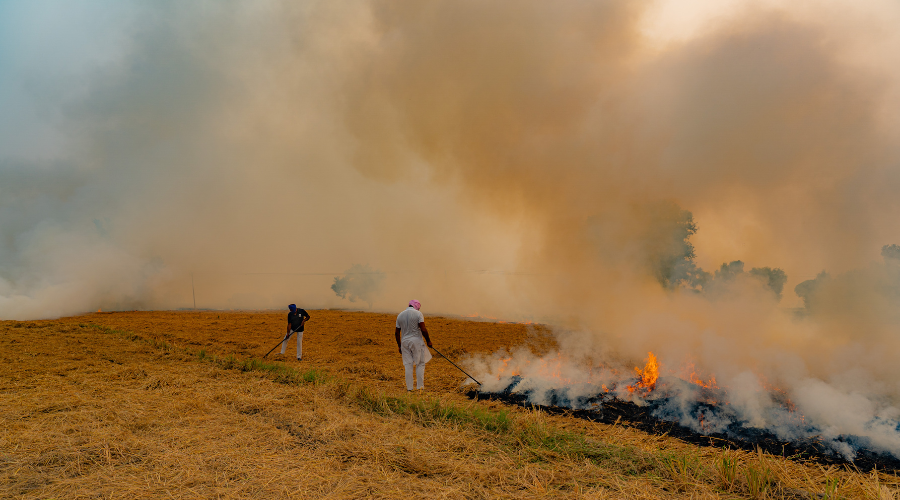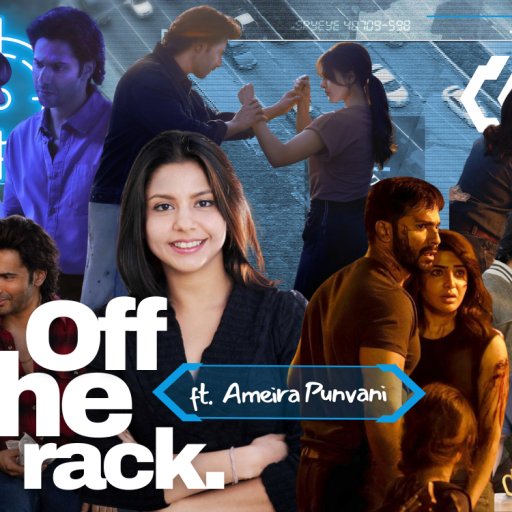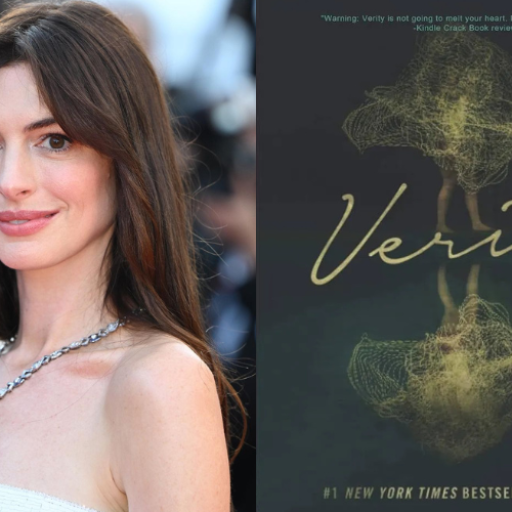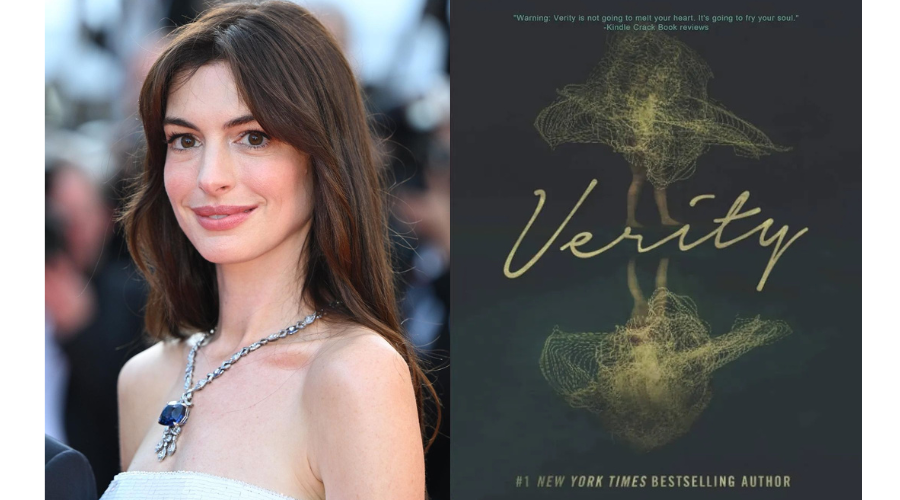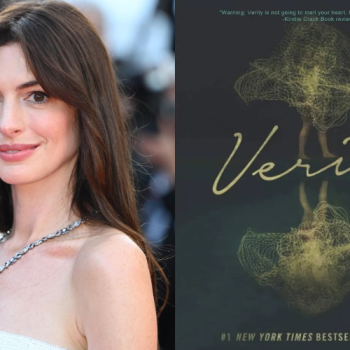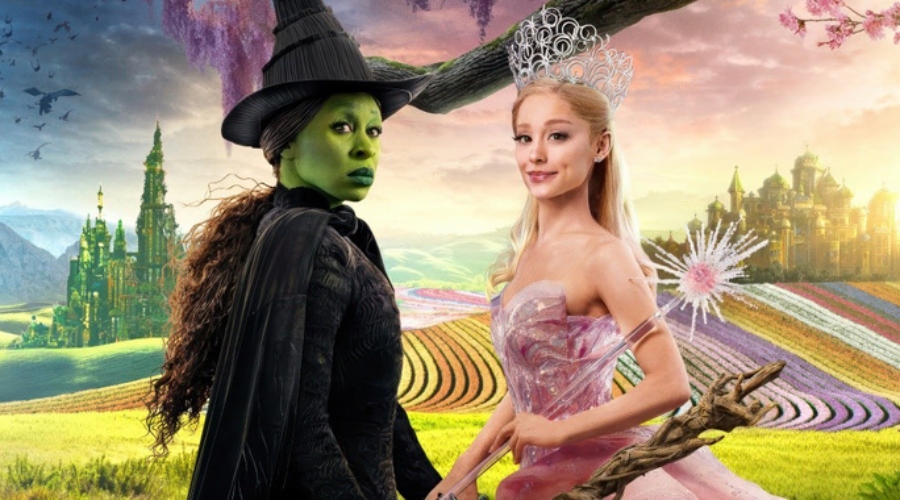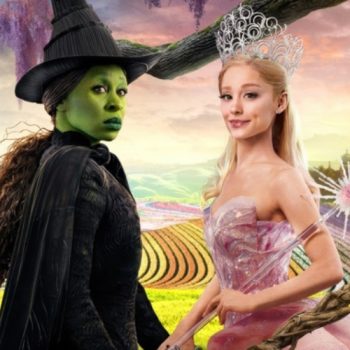The All Living Things Environmental Film Festival (ALT EFF), India’s premier event focusing on environmental cinema, is back for its 5th edition this year. Launched in 2020 with the aim of using film to spark crucial dialogues about nature, climate change, and environmental challenges, This film festival has grown significantly in its scope and reach. ALT EFF will run from November 22nd to December 8th, showcasing almost 72 films from around the world. One of the most exciting new developments in this year’s edition is the introduction of the ‘Environmental Journalism’ category, which aims to celebrate and elevate impactful environmental reporting. Additionally, the festival has launched ALT EFF Voices, a platform dedicated to spoken word performances focused on environmental issues. With an inclusive pay-as-you-feel online model, the festival ensures that its films are accessible to all, regardless of economic background.
This year, the festival expands beyond Indian borders with screenings planned in Costa Rica, Nepal, Chile, the USA, Ireland, and Australia. In India, ALT EFF will bring its message to remote and rural areas, including the Andaman Islands, Srinagar, Odisha, and Rajasthan, through strategic partnerships with local organisations. In a broader sense, this year’s festival highlights the power of film in raising awareness about the climate crisis. Featuring a wide array of categories, including International and Indian Feature and Short Films, Student Films, and Animated Films, ALT EFF offers a compelling glimpse into the world of environmental storytelling, driven by creativity, activism, and the urgency of our planet’s future. Let’s look at some of our favourite picks for this year.
Lullaby Of Waves
A 53-year-old woman reflects on her 26-year marriage and 25 years of motherhood in Sadiya, a remote part of Assam. Despite facing suspicion and threats as an outsider, she accepts her struggles with gratitude. The film, narrated by her son, explores themes of belonging and identity, examining how the Brahmaputra shaped their lives and whether the land they live on can truly be called home.
Sanctuary
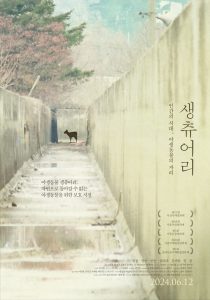
Sanctuary, directed by Min-cheol Wang, follows Jeong-ho Kim, the head veterinarian of Cheongju Zoo, who aims to turn it into South Korea’s first true animal sanctuary. His vision is supported by activist Tae-kyu Choi, who focuses on creating a sanctuary for abused farm bears in need of rehabilitation. Their mission faces challenges, including the Chungnam Wildlife Rescue Center, which struggles with having to euthanize animals that cannot be released into the wild. The film explores the ethical dilemmas and dedication of those working to provide animals with a second chance, highlighting the importance of sanctuaries as refuges of compassion.
Ullarivu (The Awakening)
Ullarivu (The Awakening) follows a young girl whose deep bond with nature is disrupted by the realities of a patriarchal society. She finds joy in exploring the natural world, but her freedom is challenged when she realizes her access to it is limited by her gender. Raised in a family with patriarchal values, she faces a mother who avoids plants during menstruation and a father who restricts her movements for protection. Observing the differences in freedoms between boys and girls, she begins to understand the oppressive gender rules that shape her life. The film traces her transformation from a carefree child to a young girl aware of the gendered injustices that define her world.
What Really Counts
Ver esta publicación en Instagram
Una publicación compartida por Environmental Film Festival (@alt.eff)
What Really Counts, directed by Kent Martin, challenges the reliance on GDP as a measure of progress, arguing it fuels destructive outcomes like war, poverty, and climate change. The film follows Canadian scholar Ronald Colman and former Bhutanese Prime Minister Jigme Y. Thinley, who advocate for alternative models—Colman’s Genuine Progress Index (GPI) and Thinley’s Gross National Happiness (GNH)—that prioritize well-being and sustainability. Their efforts to shift global focus from endless growth to holistic prosperity highlight the need for a new way to measure progress.
Foragers
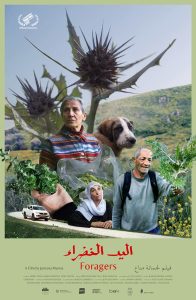
Foragers explores the practice of foraging for wild edible plants in Palestine/Israel with humour and a reflective tone. Set in the Golan Heights, Galilee, and Jerusalem, it blends fiction, documentary, and archival footage to examine the impact of Israeli nature protection laws on these traditions. The laws, which ban the collection of plants like ’akkoub and za’atar, have led to fines and trials for many. For Palestinians, these regulations deepen their disconnection from the land, while Israeli officials justify them as necessary for conservation. The film follows the plants from the wild to the kitchen, capturing both the joy and resistance of the foragers, and questions the politics of extinction—who decides what survives and what is lost.
The Night Visitors
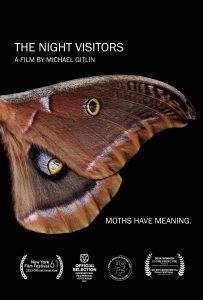
The Night Visitors is a film about moths, exploring these often-overlooked creatures through a personal and social lens. While the film touches on their biology and role in indicating climate change, its focus is on moths as aesthetic beings and symbols of meaning. It delves into their beauty and fleeting nature, reflecting on themes of mortality and loss. Moths, with their delicate impermanence, offer both comfort and a way to channel our desire to understand the profoundly other, revealing the richness found in their diversity.
The Climate Baby Dilemma
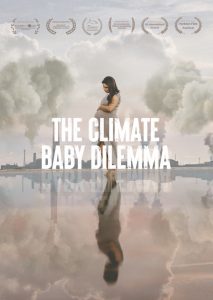
The Climate Baby Dilemma explores the emotional and personal decision of whether to have a child in the face of climate change. Following science writer Britt Wray over three years, the film examines the growing uncertainty about the future, as she speaks with activists, psychologists, parents, and young people grappling with the dilemma. The film highlights the concerns of Gen-Z and millennials, many of whom are reconsidering parenthood due to the instability of the world. It also features climate-conscious parents, like activists Sarain Fox and Severn Suzuki, who offer insights into raising children amid the climate crisis. Britt’s research explores how to transform climate anxiety into action, with activism—whether through childlessness or other efforts—emerging as a key response to the crisis.
Snow Leopard
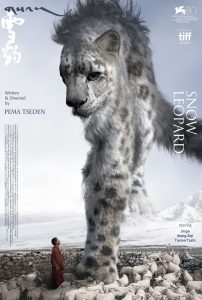
Snow Leopard by Pema Tseden is a poignant drama set in the Tibetan mountains, where a snow leopard kills nine rams, triggering financial and emotional turmoil for a local herder. The arrival of a TV crew documenting the rare animal exposes deeper cultural and environmental tensions. The film explores the complex relationship between humans and wildlife, highlighting the clash between tradition and modernity, and raising questions about conservation, loss, and coexistence.
The Giants
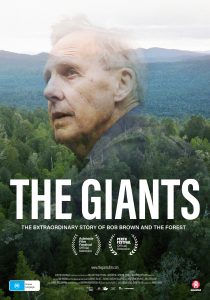
The Giants follows Australian activist Bob Brown, exploring his deep connection to nature and his fight to protect ancient forests. The film intertwines his life with the trees he defends, showcasing his role in green politics and activism. It highlights his efforts to mobilize public support for environmental issues and encourages viewers to reflect on their own role in the environmental movement.






